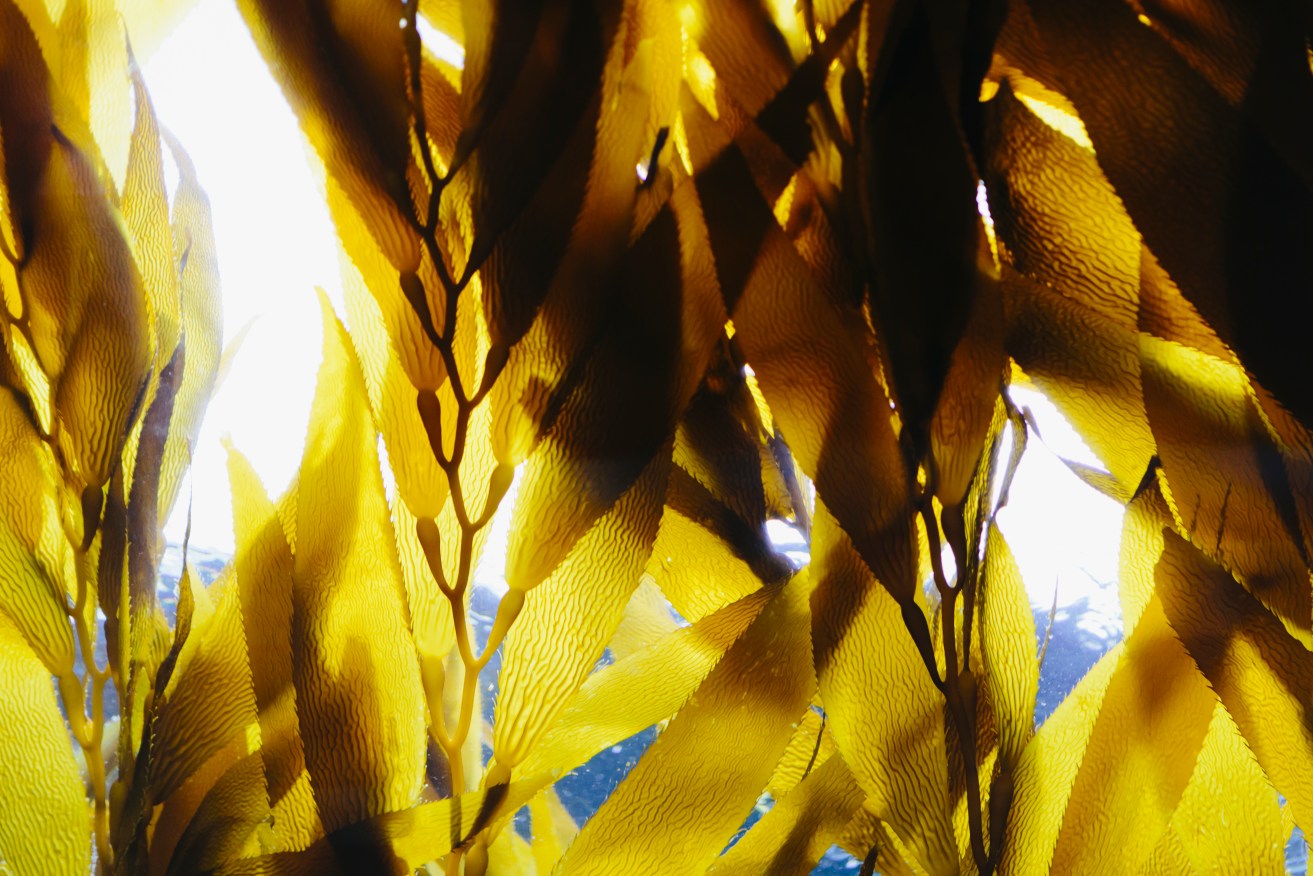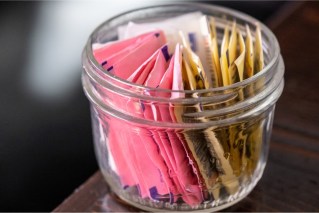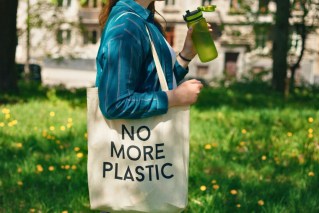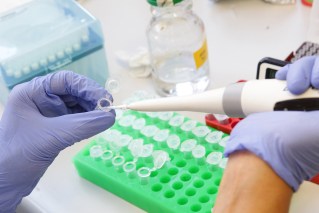Can seaweed protect against wrinkles? Aussie scientists think so


South Australian scientists have found that brown seaweeds contain compounds that disrupt the ageing process in skin. Photo: Getty
Flinders University have discovered bioactive compounds in brown seaweed that, in lab tests, boosted the production of collagen in skin cells.
In the beauty and skin care industry collagen is over-hyped as an elixir of youth.
More intriguing is that these compounds were also seen to slow down glycation, one of the main drivers of skin ageing.
Glycation is a natural chemical reaction between excessive sugar molecules and collagen and elastin proteins in the skin. But the impacts of glycation are significantly more than skin deep. We’ll get back to that.
Professor Wei Zhang, from Flinders University College of Medicine and Public Health, said the seaweed extracts have “huge potential to be used to help slow the effects of ageing on our skin”.
Regarding the extracts appearing to slow glycation in the skin cells, Zhang said: “So far anti-glycation agents haven’t been strong enough to have a major impact on anti-ageing, so our discovery is really exciting as we can see the potential to develop stronger anti-glycation extracts from brown seaweed.”
The extracts were from three species of South Australian brown seaweed.
According to a Flinders University statement, South Australia has “a world-recorded highest diversity of seaweeds, with up to 1500 described species, of which approximately 62 per cent are endemic to the region”.
The study paper can be found here.
What is collagen?
Collagen is the most abundant protein in the body. It is the main structural component of connective tissues such as skin, bone, cartilage, tendons and ligaments.
As a useful explainer and critique from Choice neatly says: “It acts a bit like glue to help maintain your body’s integrity, shape and strength.”
It helps to make tissues strong and resilient, and able to withstand stretching.
The evidence that collagen slows down the ageing process of skin is relatively thin, but suggestive. It’s most credited with promoting elasticity.
Nevertheless, collagen is a huge money-spinner as a supplement that promises to improve hair, skin, and nails.
Read more about this in the Choice article here. For a recent positive study/review, see here.
The 2022 review from Saudi Arabia, found that “…oral intake of collagen enhances the moisture content of the skin, especially the stratum corneum, as well as the elasticity of the skin, reducing wrinkling and roughness”.
Collagen supplements are also promoted as an aid in reducing the pain and stiffness of arthritis.
Some people swear by it. For a more critical appraisal, see this first-person report from STAT.
Where wrinkles come from
Our bodies gradually make less collagen as we age, but as Harvard’s School of Public Health notes:
“Collagen production drops most quickly due to excess sun exposure, smoking, excess alcohol, and lack of sleep and exercise. With ageing, collagen in the deep skin layers changes from a tightly organised network of fibres to an unorganised maze.
“Environmental exposures can damage collagen fibres, reducing their thickness and strength, leading to wrinkles on the skin’s surface.”
In other words, if you want to slow down the wrinkling of your skin, stay out of the sun, get good sleep, be modest with your booze consumption and don’t smoke. The Harvard essay is here.
Why the glycation finding is important
Glycation is mostly credited for causing the ageing of your skin. A 2022 review describes it this way:
“Glycation is an ageing reaction of naturally occurring sugars and dermal (skin cell) proteins, which begins in early life, develops clinical symptoms at around 30, and progressively accumulates in tissues and skin due to the glycated collagens that are difficult to be decomposed.”
Because of the by-products of glycation, which accumulate in the body, glycation is implicated in the ageing process more broadly.
These by-products are known as ‘advanced glycation end products’ or AGEs.
According to a 2017 study, the glycation process leads to a loss of protein function and impaired elasticity of tissues such as blood vessels, skin, and tendons.
The authors report that the glycation process “is highly accelerated in the presence of hyperglycemia (high blood sugar) and tissue oxidative stress”.
They write: “Because there are no enzymes to remove glycated products from the human body, the glycation process matches well with the theory that the accumulation of metabolic waste promotes ageing.”
Skincare products
All of which makes the South Australian seaweed discovery so interesting. Could these extracts work to slow down glycation throughout the body?
The New Daily wrote to Zhang, seeking a discussion of the possibilities. He hadn’t replied by the time we published, but maybe a discussion can be had down the line.
For now, the Flinders University scientists are focusing on their extracts’ potential in improving collagen as a killer of wrinkles.
In the Flinders University statement, Zhang said: “Seaweed is a great source of multiple bioactive ingredients with potential applications in natural health and skincare products.
“Our findings will help to fill knowledge gaps and sustainably develop brown seaweed advancement in topical and supplement skincare products.
“A patent has been filed and the team is looking for investors and industry partners to collaborate for further commercialisation.”








